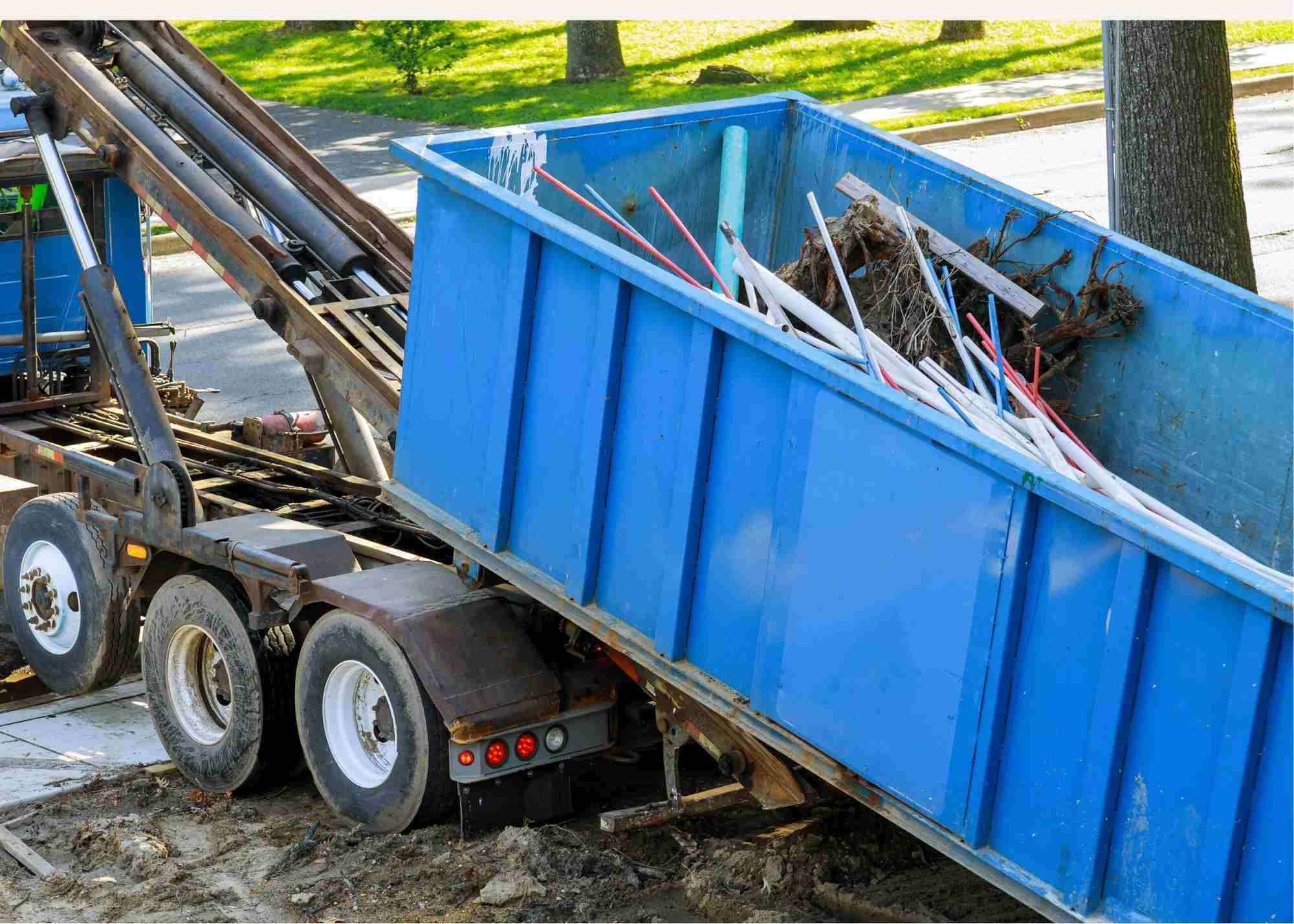Thinking of embarking on a major home renovation, or simply need to clear out years of accumulated clutter? Renting a dumpster can be an efficient and environmentally friendly way to manage waste from your project. This quick guide will help you navigate the basics of dumpster rentals, ensuring you pick the right size and type for your needs while adhering to local regulations.
Renting a dumpster may seem straightforward, but there are several considerations like choosing the right provider, understanding prohibited items, and knowing about the rental period. This blog post will delve into these aspects and more, providing top tips to make your dumpster rental experience as hassle-free as possible.
Understanding Dumpster Sizes and Types
Before renting a dumpster, it’s crucial to understand the different sizes and types available. Sizes typically range from 10 to 40 cubic yards. The size you need depends largely on the scale of your project and the type of debris you’ll be disposing of. For smaller home cleanout projects, a 10-yard dumpster usually suffices, while large construction debris might require a 30 or 40-yard dumpster. Meanwhile, different materials might need special dumpsters; for example, heavy materials such as concrete may require a sturdier dumpster with a lower height for easier loading. By selecting the right size and type of dumpster, you can avoid unnecessary fees for overfilling or renting multiple bins.
Selecting the wrong size can lead to overpaying or having to rent another dumpster. Consider consulting professionals like Easy Dumpster Rentals in Edmond who can offer guidance based on their vast experience with various projects.

Choosing the Right Rental Company
When selecting a dumpster rental company, look for providers with good reviews, transparent pricing policies, and excellent customer service. Local companies often have better knowledge of local regulations and typically offer more competitive prices and flexible timing than national chains. Verify they have insurance and appropriate waste disposal certifications to manage your rentals responsibly.
Additionally, understand the terms of service particularly regarding damage waivers, cancellation policies, and extension fees which could influence your choice based on flexibility and potential changes in your project schedule.
Placement and Usage Regulations
Understanding local regulations surrounding dumpster placement is essential before booking your rental. Some areas require permits if the dumpster is placed on public property like streets or sidewalks. Check with your city or county for specific rules, which may include restrictions on placement times or required barriers around the dumpster.
Furthermore, most places have strict regulations on what you can dispose of in dumpsters. Common prohibited items include hazardous materials like chemicals, batteries, asbestos, and refrigerators containing Freon. Ensuring compliance with these rules not only avoids fines but also supports sustainable waste management practices.
Efficient Loading Tips
Maximizing the efficiency of loading your rented dumpster can save space and potential additional charges for extra pickups. Begin with flat materials at the bottom such as old flooring or drywall pieces; fill gaps with smaller waste items. Avoid overloading; ensure that all waste material is within enclosure limits without sticking out from the top or sides of the dumpster.
Avoid throwing prohibited items into the dumpster as they might contaminate recyclable or salvageable waste thus increasing overall disposal costs. If in doubt about an item’s disposability, reach out to your rental provider for clarification.
Avoiding Additional Fees
To avoid unforeseen expenses during your dumpster rental period, adhere strictly to weight restrictions and avoid placing prohibited items in dumpsters. Exceeding weight limits or disposing of restricted materials usually incurs significant penalties. It’s advisable to discuss potential charges thoroughly with your provider before signing any agreement.
Plan ahead by scheduling both delivery and pickup according to your project timeline to avoid extra fees associated with unscheduled extensions of the rental period. Always fill the dumpster within provided guidelines—overfilling can lead not only to additional costs but potentially hazardous situations for transport.
In conclusion, while renting a dumpster might appear to be just about picking a container and throwing stuff away, many nuances ensure you get the most out of your rental while complying with laws and regulations. Following this guide should provide clarity on choosing options tailored to your specific needs ensuring an efficient cleanup or renovation process.
Remember that preparation is key: from selecting the most suitable size and type of container to understanding what’s allowed in it—all these small details contribute greatly towards a successful outcome for both your project and environmental responsibility.
